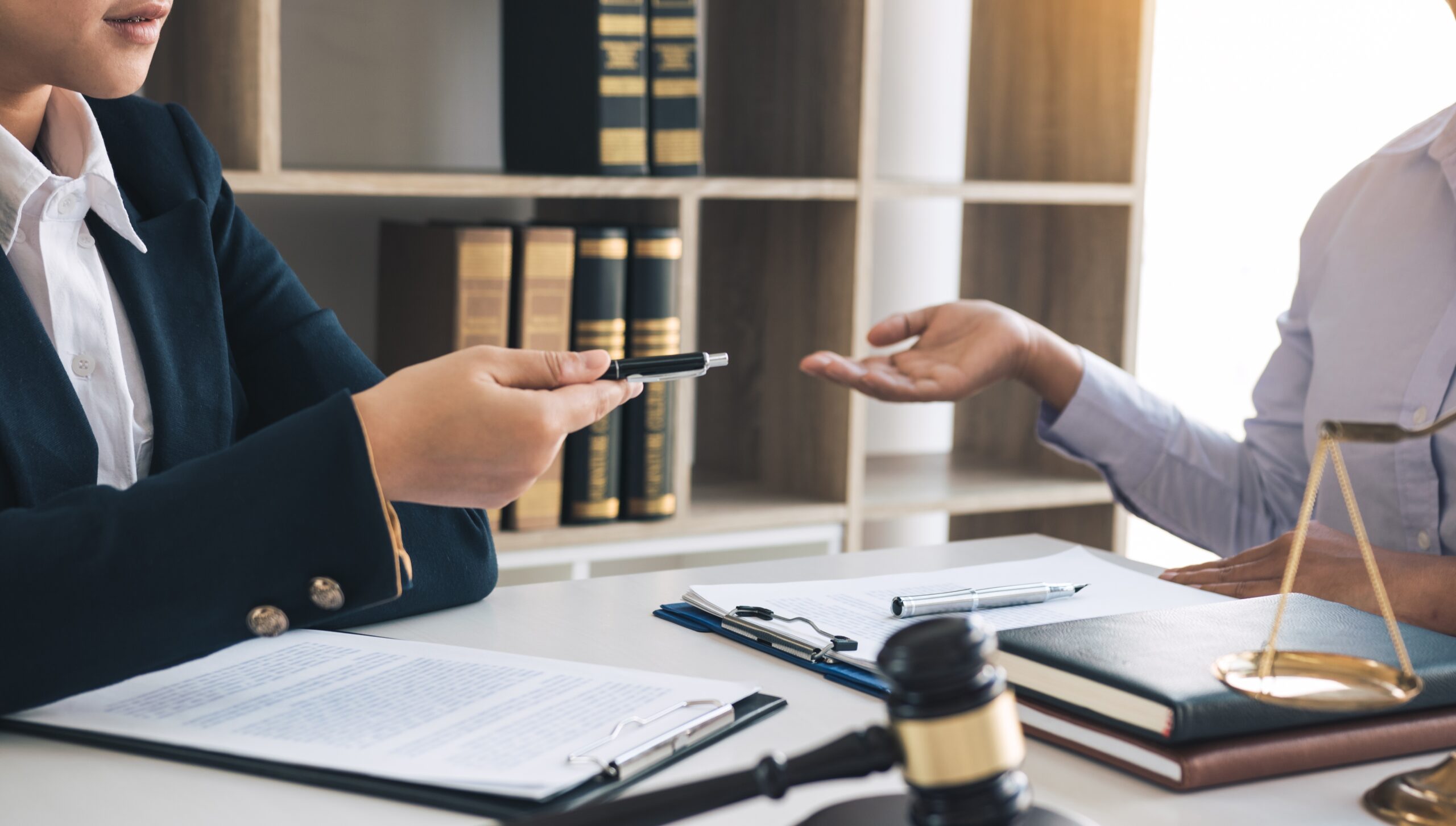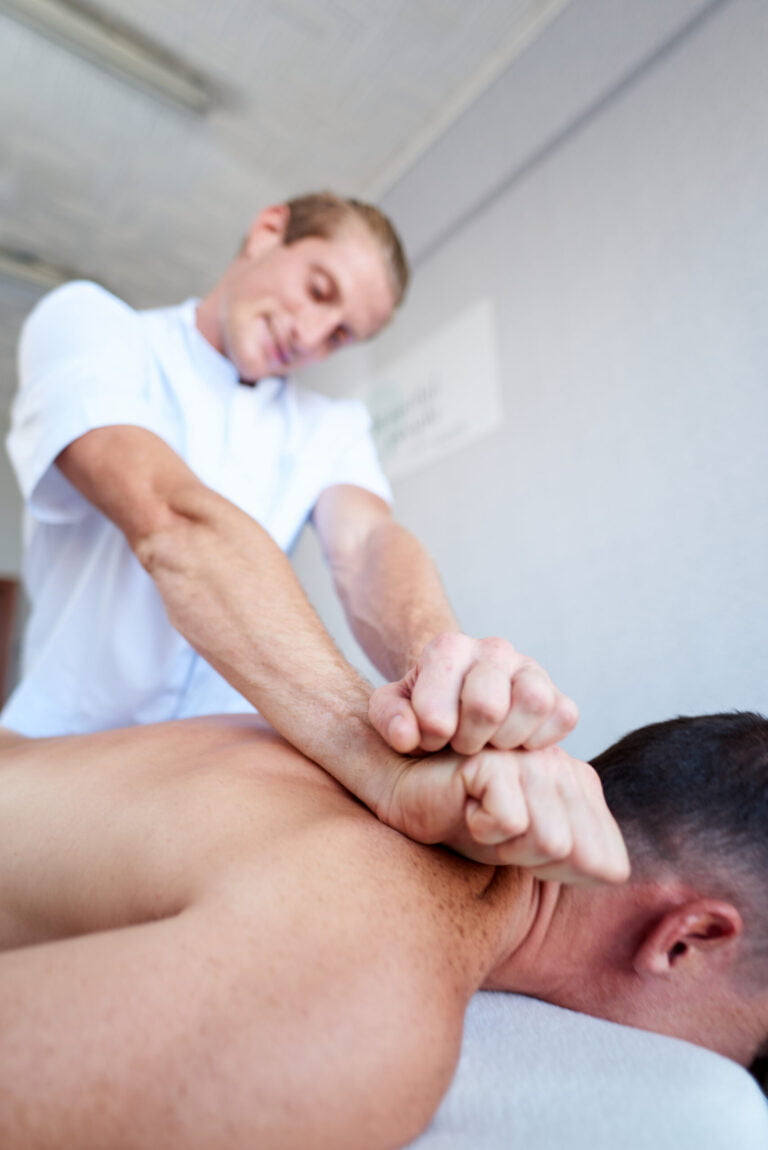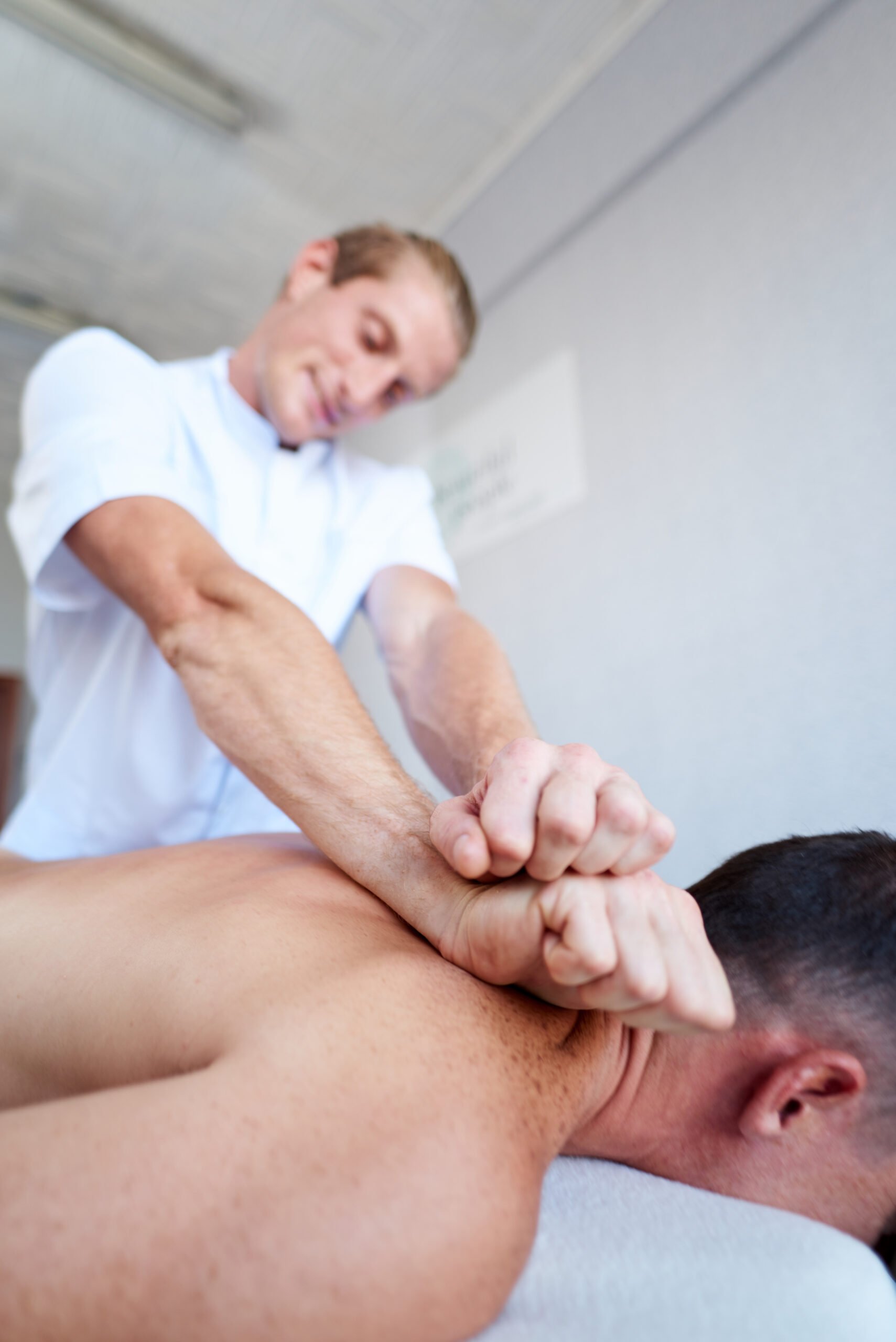Experiencing a debilitating personal injury can be a life-changing event. The aftermath is often filled with uncertainty, fear, and frustration. Knowing what to do in the event of such an injury is crucial for both your physical and emotional well-being. In this article, we will discuss the necessary steps to take after experiencing a debilitating personal injury to help you navigate through this difficult time.
Seek immediate medical attention.

After sustaining a debilitating personal injury, your first and most crucial step should be seeking immediate medical attention. Do not downplay the severity of your injury or attempt to self-treat, as this may worsen your condition or cause further harm. Medical professionals have the necessary knowledge and expertise to assess your injuries and determine the appropriate course of action for your recovery.
Receiving prompt and proper medical care not only benefits your physical well-being but also reinforces any potential legal action you may take in the future. Accurate and detailed medical records are essential in proving the extent of your injuries to a Chicago personal injury lawyer and insurance companies. Consequently, being diligent about your care is vital for you and any claims process you may undergo.
It is important to note that some injuries may not manifest symptoms immediately. Therefore, even if you do not feel any pain or discomfort following an accident, it is still essential to consult with a medical professional. They can evaluate you for potential underlying issues and help prevent future complications related to your injury.
Educate yourself on your legal rights.
After securing proper medical care and stabilizing your condition, it is essential to educate yourself on your legal rights in the context of personal injury. Understanding the type of injury you have sustained, whether it be from negligence, a defective product, or an unsafe workplace, is crucial in determining the appropriate legal action and securing compensation for your damages. Speaking with a personal injury lawyer can provide valuable insights into your case and guide you through the legal process.
Gathering the necessary evidence to support your case is also critical. This may include medical records and bills, accident reports, witness statements, and photographs of your injury. However, it is important to avoid making any statements or posting on social media about your injury without first consulting a legal professional, as this may negatively affect the outcome of your case.
Focus on your recovery.

While navigating the legal aspects of a debilitating personal injury can be overwhelming, it is essential to prioritize your physical and emotional recovery. Follow all medical recommendations and prescribed treatments to improve your overall well-being and promote a faster recovery. Taking an active role in your recovery journey, such as participating in physical therapy, can benefit both your physical and mental health during this difficult time.
Consider reaching out to Orlando bathroom remodelers if you need to make home modifications to accommodate your new lifestyle. Adapting your living space to suit your physical needs can improve your quality of life and facilitate a smoother recovery process.
Additionally, it is crucial to consider the psychological impacts that a debilitating personal injury can have. Seeking out support groups, speaking with a licensed therapist, or engaging in self-care activities can all be valuable tools in coping with the emotional challenges that may arise during your recovery.
Plan for the future.
A debilitating personal injury may cause significant long-term or even permanent changes to your lifestyle. As such, it is essential to plan for the future as you adjust to these new circumstances. This may include reassessing your career options, pursuing further education or training, and creating a financial strategy that accounts for the changes in your income and expenses. Working with financial planners, career counselors, and other professionals can provide valuable insights into navigating these new challenges.
It is also important to maintain open communication with your loved ones during this time of transition. Discuss your concerns, fears, and expectations with them so they can better support you in your journey. Remember that it is okay to rely on your support network and ask for help when needed.
Lastly, staying informed about advancements in medical treatments and adaptive technologies can empower you to take control of your recovery and maintain a fuller, more independent life. Take advantage of available resources specifically designed for individuals living with disabilities, such as support groups and online forums, to connect with others who face similar challenges and learn from their experiences.
Altogether, recovering from a debilitating personal injury is a complex journey that requires attentiveness to your physical, emotional, and legal needs. By seeking proper medical care, educating yourself on your legal rights, focusing on your recovery, and planning for the future, you can give yourself the best possible chance at rebuilding your life after a devastating injury.








